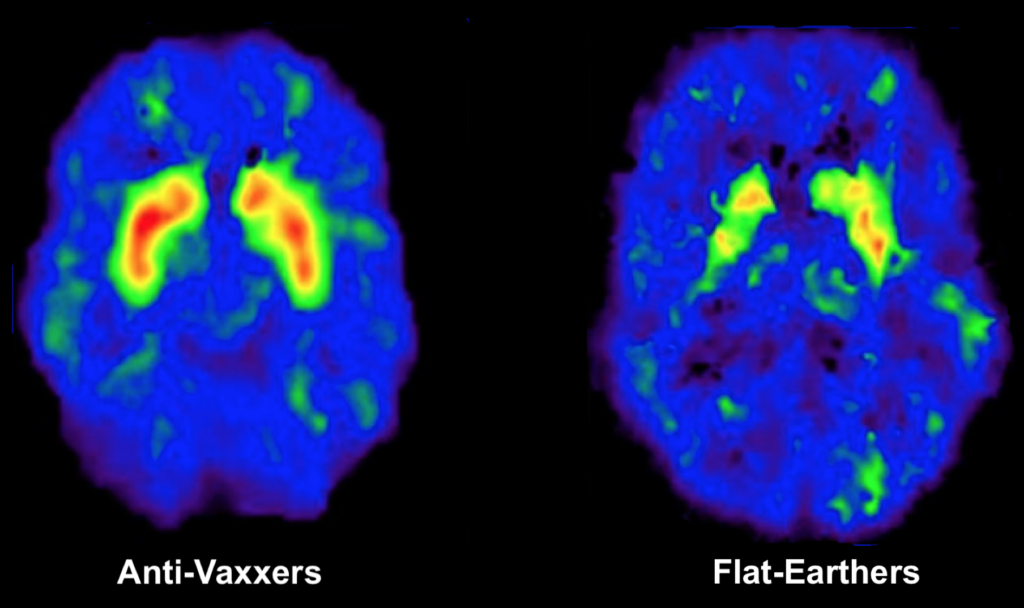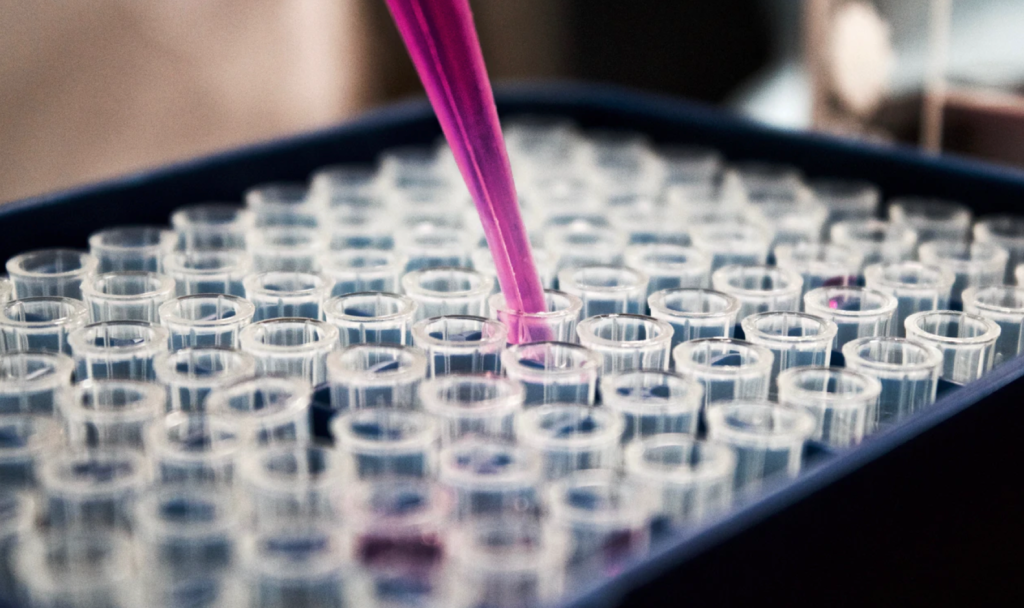Disclaimer:
This article is part of the Four Blind Mice initiative to promote interest in current affairs. Written by a medical student, the opinions expressed in this commentary are his own.
Without mentioning conscience or social responsibility, is there a need to care for our fellow migrant workers beyond the bare minimum?
While the precarious existence of migrant workers existed way before the COVID-19 started, it was easy to be indifferent to a predicament that was rarely seen or heard, much less felt. Perhaps by looking into ourselves, both figuratively and literally, we can find a pertinent case study on our nuanced relationship with them.
We are not alone in our bodies. Thriving inside us is trillions of bacteria, viruses, fungi and other life forms that are collectively known as the microbiome1,2. These microbes migrate from the external environment and into our various organs, taking on vital roles that our cells are unable to perform.
Sharing the same digested food as our cells, most of them find a place to live and feed in our gastrointestinal tract. Rather than draining resources, they assist our digestive system in nutrient metabolism, vitamin production and waste processing. They even aid our immune response by inhibiting the growth of pathogenic bacteria. The benefits of this mutualistic relationship cannot be less apparent.
Unfortunately, as with all communities where migrants make up part of the workforce, xenophobia is never far away.
With innumerable foreign workers in the body, some immune cells are also capable of becoming ‘paranoid’ and falsely regard them as harmful. However, normal human proteins may sometimes also resemble such microbial proteins due to the vast genetic variations between microbes. This phenomenon, known as molecular mimicry, confuses the immune system further, and what started as a xenophobic defence against perceived foreign invaders soon devolves into an attack on our cells3,4.
Akin to the spread of misinformation that escalates unfounded public outrages, confused immune cells amplify the ‘attack’ signal and begin recruiting more of their counterparts. And not unlike the statutes used to prevent fake news, regulatory mechanisms that promote tolerance in the immune system can be circumvented and overwhelmed too5. The resultant autoimmune response gives rise to bodily dysfunction seen in conditions such as lupus and type 1 diabetes3,4.
That is not to say the presence of microbes in our body is entirely innocuous either. An imbalance or disruption to the microbial population can lead to an increase in the susceptibility of certain diseases6. Furthermore, beneficial microbes that trespass into undesignated organs can result in infections and inflammation7,8.
Despite the possibility of such implications, the fact remains that the presence of microbes is indispensable9,10. Instead of evicting or marginalising them, our body accepts this fallible working arrangement and supply the microbial community with adequate resources to flourish9,10.
However, do we share the sentiment as our body when it comes to the actual foreign workers living among us?
Like the imperfect relationship our body has with its microbes, our relationship with migrant workers has areas for improvement too. By acknowledging and learning from the mistakes of our body, perhaps we can be more aware of the social implications our decisions and actions have on migrant workers.
While autoimmune conditions within our bodies may not be currently curable, problems within our community can be rectified here and now — with rational minds and compassionate hearts.




